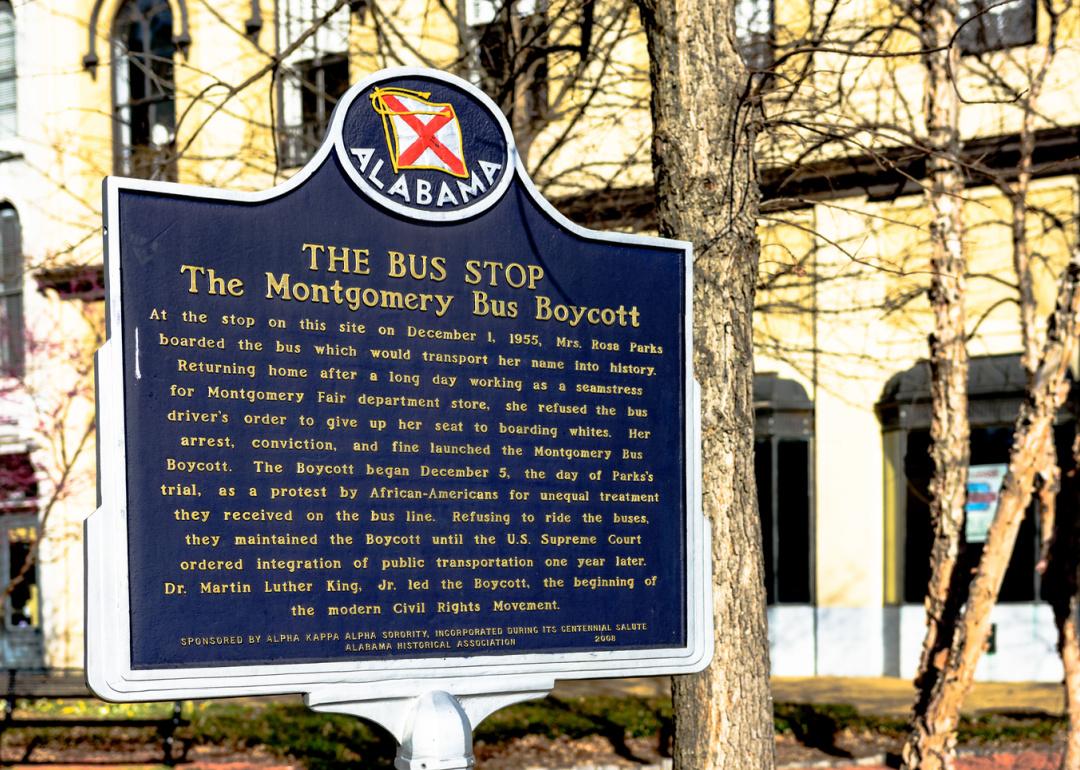
A government reconsiders holiday honors: A major civil rights moment in South Dakota
A government reconsiders holiday honors: A major civil rights moment in South Dakota
A land of contradictions from the outset, the United States was founded by slave owners who spoke passionately and eloquently about liberty, freedom, and justice for all. In the beginning, "all" was limited to men of European ancestry who were wealthy enough to own land. The Constitution's protections did not apply to most of the people living in America for most of America's history—at least not in full.
Women—about 50% of the population—were not included in the country's concept of "all," likewise millions of slaves—and for a long time, their offspring. Native Americans, the descendants of the original inhabitants of the United States, were commonly excluded from the promise of America, as were many immigrants, ethnic groups, and religious minorities.
Despite all the work that remains to be done, all of those groups and many others now enjoy freedoms that had to be won—won through the courts, through the court of public opinion, through mass demonstrations, through legislation, through boycotts, and in many cases, through martyrdom.
Fighting to expand the definition of "all" requires powerless people to challenge the power structures that benefit from keeping certain people locked in their status as second-class citizens. They often do it at great risk to their jobs, their reputations, their homes, and in many cases, their lives. Even so, brave advocates and activists fought the good fight in every state in America. Each state has a unique story to tell about the epic struggles for civil rights that were waged there, as well as those that continue to be waged. The following is a tiny sliver of their collective efforts.
Using a variety of sources, Stacker identified a defining moment for civil rights in all 50 states. They stand out for different reasons and led to changes that lifted different groups, but they all prove how much can be achieved—and how much still remains to be accomplished.
Keep reading to find out your state's contribution to civil rights.
South Dakota: A government reconsiders holiday honors
In 1990, South Dakota took a great leap forward in reconciling its ugly history with its Native population when the state legislature unanimously approved a measure to change Columbus Day to Native American Day. It was a symbolic victory, but not an empty one, as several states, many universities, and more than 100 cities went on to recognize what's now called Indigenous Peoples Day and more Americans became aware of the atrocities of Columbus and the impact his "discovery" of America had on the millions of people who already lived there.
Click here to see an event from every state or continue reading for other events near South Dakota.
Iowa: Iowa advances in 1868
Iowa's long record as a pioneering state for civil rights can be traced to 1868, just three years after the close of the Civil War. That year, Iowa lawmakers—all white men—outlawed segregation in schools nearly 90 years before Brown v. Board and granted Black men the right to vote. As in so much of the country, however, the laws rarely matched the realities on the ground for African Americans in Iowa, many of whom remained both separate and unequal for generations.
Minnesota: A final breath triggers a revolution
Echoing Eric Garner, the mantra of the modern civil rights movement remains "I can't breathe," the last words spoken by Garner and then George Floyd, a 46-year-old Black man who on May 25, 2020 was slowly killed over 8 minutes and 46 seconds by a white Minneapolis police officer who refused to lift his knee from Floyd's neck. His death set the spark for the most significant social upheaval since the 1960s and triggered global protests that continue to this day.



